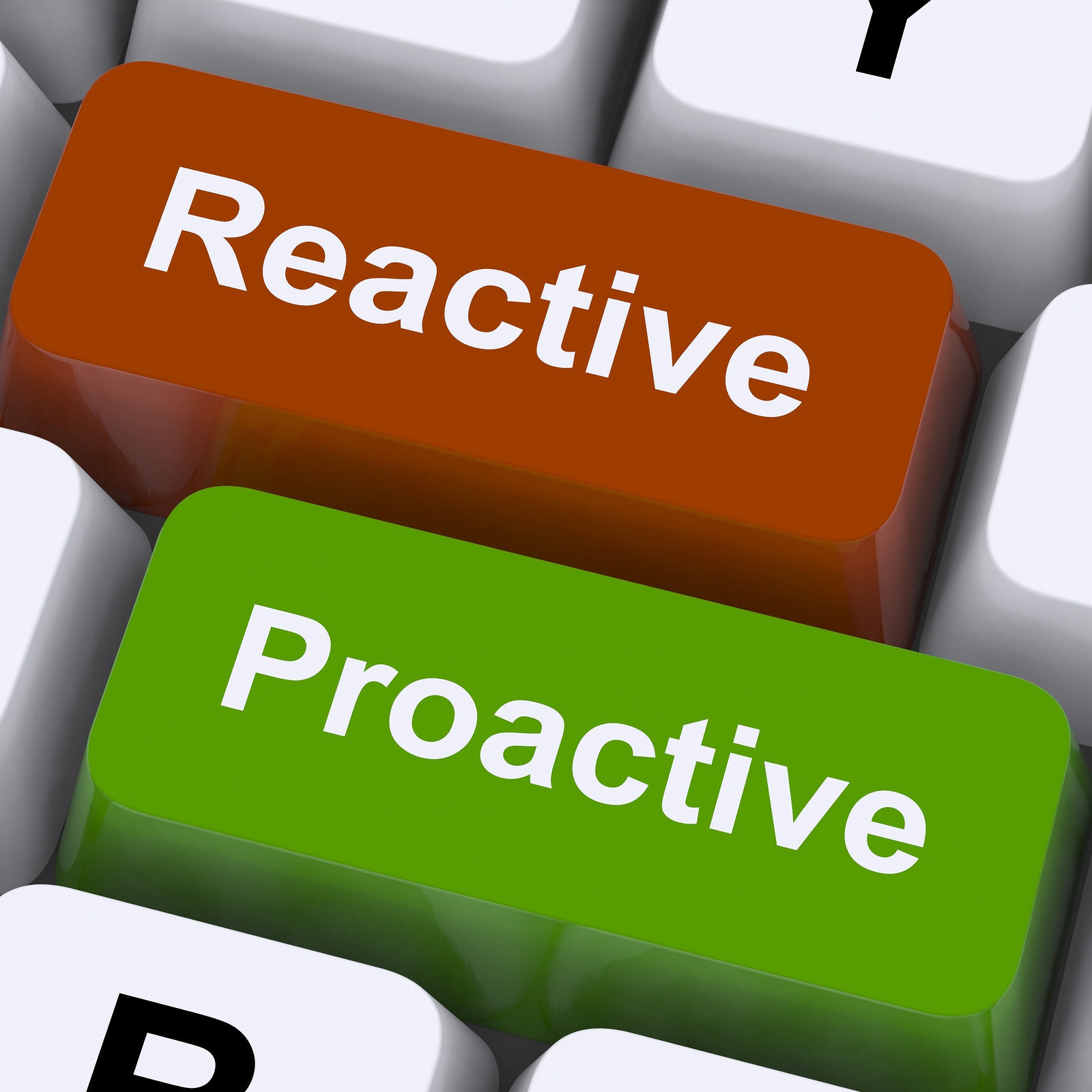The process of Learning and Researching to Learn
From Volume 10, Issue 4:In this monthly missive, you’ve read about two states we present to our world. One state—the Knower/Judger (K/J)—is purely learned, reactionary, and emotional. It pretty well defines how we present ourselves to the world. It is observable for many of us through various behavioral assessments, such as DISC and Myers/Briggs. They help us and those around us understand how we will act in various circumstances. Aggressive-Passive, Compliant-Rebellious, People- or Task-Oriented, etc. These assessments are wonderful for improving communications on teams.



